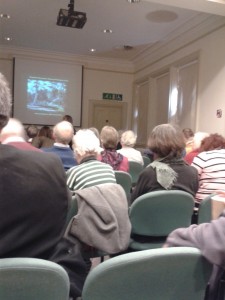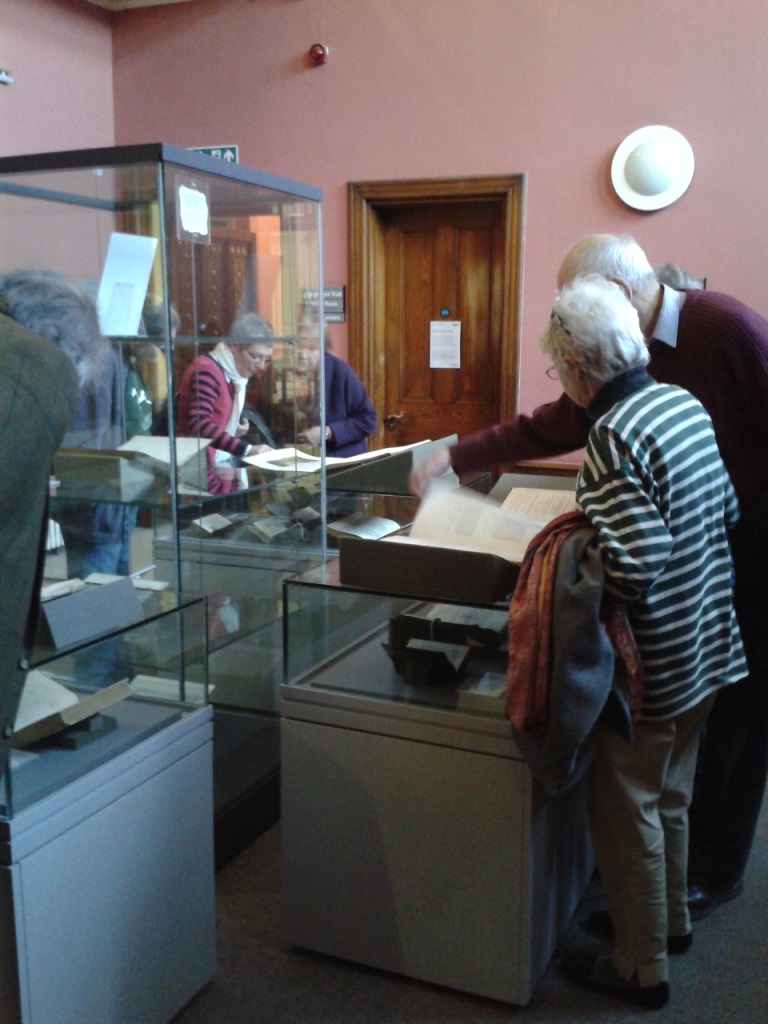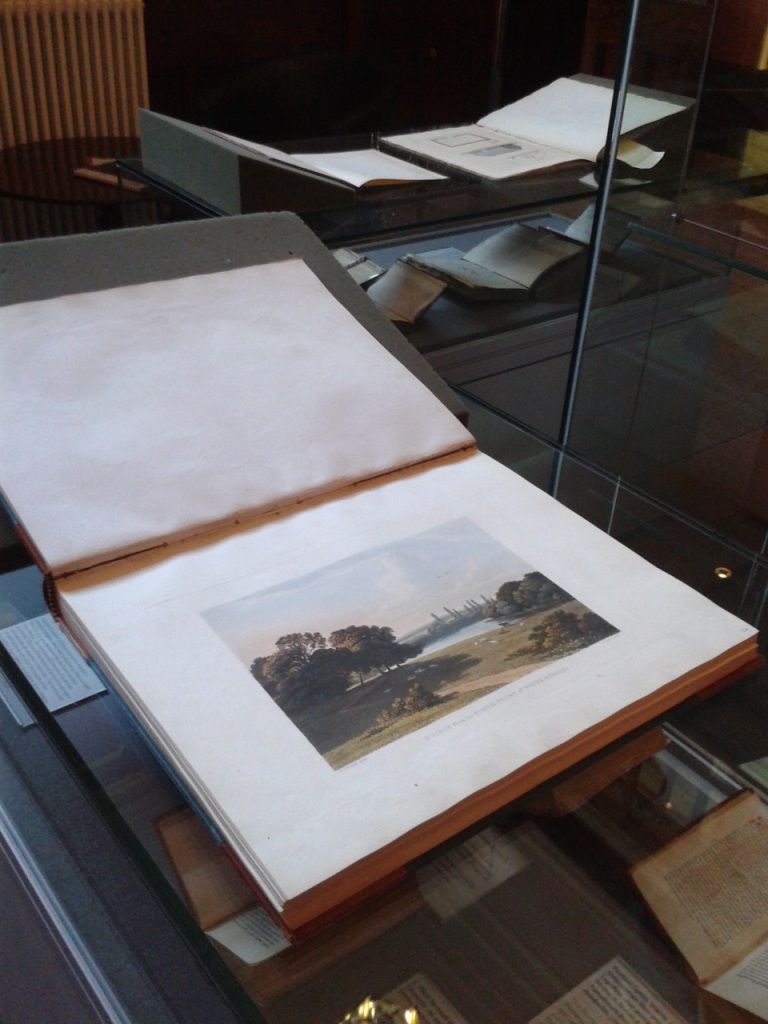Discovering the Landscape #13: From garden space to masterplan
-
Author
- Claire Wooldridge
-
Published Date
- March 26, 2015
<<<Seminar series round up: Written by Claire Wooldridge, Project Senior Library Assistant: Landscape Institute
Our captivating landscape inspired seminar series has drawn to an end. We’re delighted the series has been so well attended; a testament to the speakers and to the fascinating subject matter.
If you attended any of the talks (or were unable to) and want to find out more, you can get in touch with us by emailing merl@reading.ac.uk.
Highlighted below are a few of the items from our collections which were mentioned in the talks:

As part of ‘From garden space to masterplan: the Landscape Institute collections at MERL’ our deputy archivist Caroline Gould
and landscape architect Annabel Downs gave an insightful overview of the history of the Landscape Institute and to the collections here at MERL.
Our Landscape Institute webpages are a really useful starting point for research into our collections and as a source of background information and handlists for specific collections, such as the Brenda Colvin collection, Geoffrey Jellicoe collection and Preben Jakobsen collection (which Karen Fitzsimon used in her talk entitled ‘Rediscovering Preben Jakobsen’.
Our existing MERL archival holdings also hold many treasures to the student of landscape. Johnathan Brown, in his talk entitled ‘Changing landscapes of farming and estates after the First World War’, used several images from the extensive MERL photographic collection to great effect. A full listing of our existing MERL archives can be viewed using the MERL archives A-Z.
The library of the Landscape Institute is being integrated into our existing MERL library, further adding to areas of strength within the collection, on subjects such as domestic gardening, land use and the environment and conservation issues. Reference books within the MERL library are a great place to start research into all things landscape.
We were able to show case our Gertrude Jekyll books in a pop up exhibition following Richard Bisgrove’s talk such as Gardens for Small Country Houses, Colour in the Flower Garden and Home and Garden.
The talk from Giles Pritchard and Barnaby Wheeler entitled ‘Reading Abbey Revealed’ was another perfect opportunity for us to delve into our Special Collections and display some of our rare books relating to Reading Abbey. We were also to display images from slides from the Moore Piet + Brookes collection relating to their work on the Reading Town Centre Masterplan and pedestrianisation.
The pictures below from Professor Timothy Mowl’s intriguing talk on ‘Pleasure and the Regency Garden’ enabled us to showcase some wonderful books featuring beautiful plates of the gardens at our very own Whiteknights (such as Hofland’s A descriptive account of the mansion and gardens of White-knights).


As above for more information please contact us on merl@reading.ac.uk, visit our LI webpages or search our online catalogue.
To continue discovering the landscape, FOLAR (Friends of the Landscape Library and Archive at Reading) are holding a study day on Brenda Colvin (with a talk from Hal Moggridge, our archivists and a pop up exhibition) at MERL on Saturday 21 March. See here for more information or contact folar1234@gmail.com to book.






